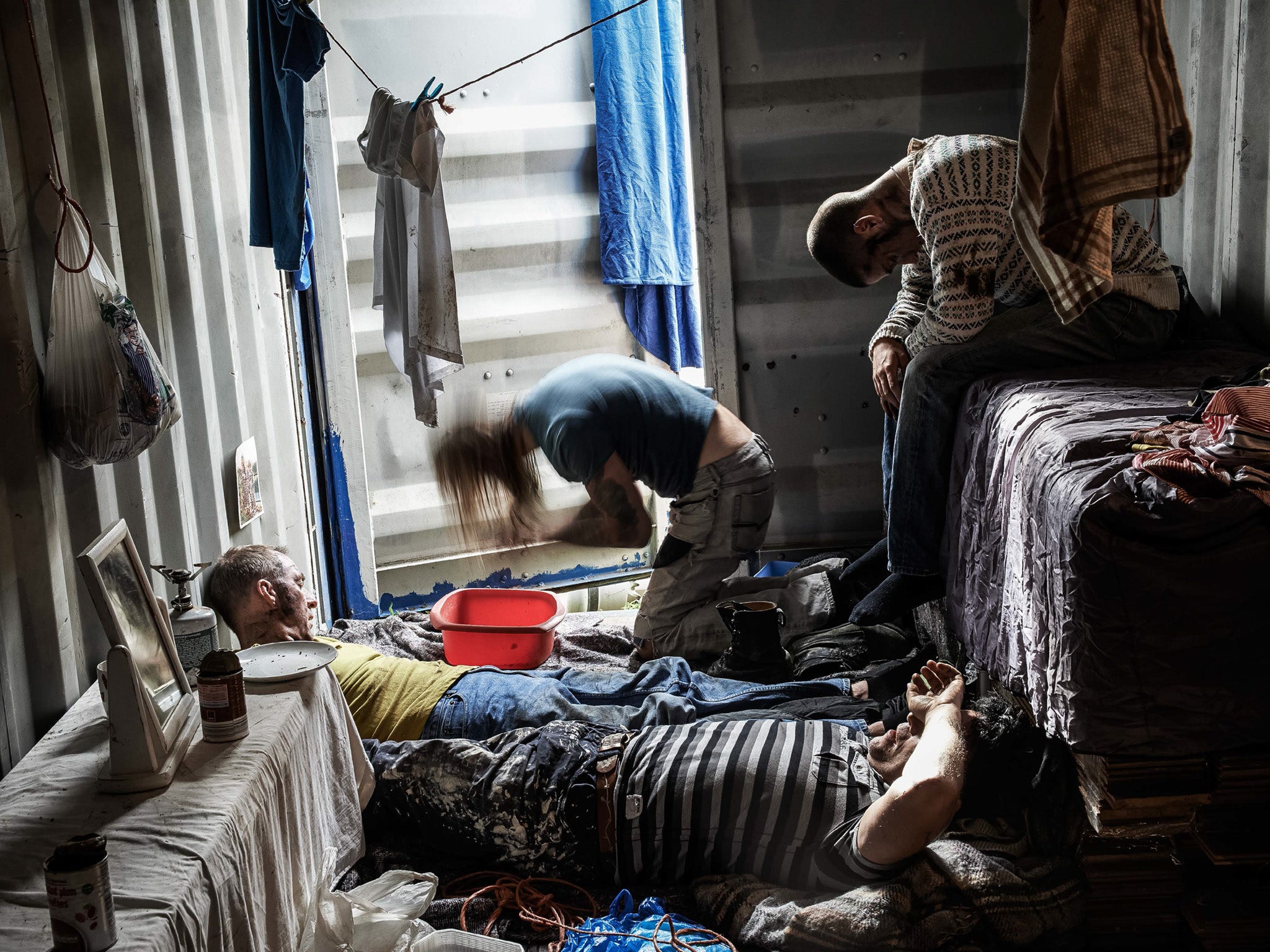Thousands of suspected modern slavery victims waiting more than a year for decision from Home Office
Charities warn delays can ‘re-traumatise’ victims and even push them back into exploitation

Thousands of suspected victims of human trafficking have been waiting more than a year for a decision which could affect their status in the UK, figures show.
The National Referral Mechanism (NRM) is designed to identify modern slavery victims and offer them a 45-day period to recover while the Home Office investigates their case. A decision on whether their claim is genuine should be made “as soon as possible” after this period.
But documents obtained by BBC Radio 4’s File on 4 programme reveal that, as of November 2018, more than 2,200 people in the system have been awaiting a decision for at least 12 months, with 100 waiting since 2015.
Charities warned potential victims could be “re-traumatised” by the delays and sometimes pushed back into modern slavery as a result, while police officers said the delays impacted on their ability to prosecute perpetrators.
Separate documents – internal memos dated September 2017 – reveal government officials were concerned about “an antiquated system” that could result in “data inaccuracies” and “substantial delays” which leave potential victims “in limbo”.
The status of their immigration and whether or not the claimant could face criminal charges are two of the potential consequences dependent on the outcome of the decision.
It comes after the Home Office was forced into a U-turn on its decision to cut financial support offered to some victims while they are awaiting decisions, after the High Court ruled the reduction unlawful.
The Independent revealed victims who had escaped their abusers were being drawn back into exploitation as a means of survival following the cuts, which saw weekly subsistence rates for asylum seekers in the NRM slashed from £65 to £37.95.
Responding to the new figures, Detective Superintendent Phil Brewer, head of the anti-trafficking unit at the Metropolitan Police, told the BBC delays can impact “massively” on the force’s ability to prosecute.
“But this isn’t just about prosecution … Success also needs to be judged on the fact we have removed someone from an exploitative situation and given them a second chance,” he added.
Kate Roberts, director of the Human Trafficking Foundation, said: “It’s hugely damaging. We are talking about people who have left a situation of control, and then they’ve entered another system where they have no time frame, no control.”
A Home Office spokesperson said: “Modern Slavery is a barbaric crime that destroys the lives of its victims, which is why we introduced the world-leading Modern Slavery Act in 2015 and have put in place the Modern Slavery Strategy.
“We are committed to reforming the NRM to ensure victims of modern slavery get the support they need”.
Join our commenting forum
Join thought-provoking conversations, follow other Independent readers and see their replies
Comments
Bookmark popover
Removed from bookmarks